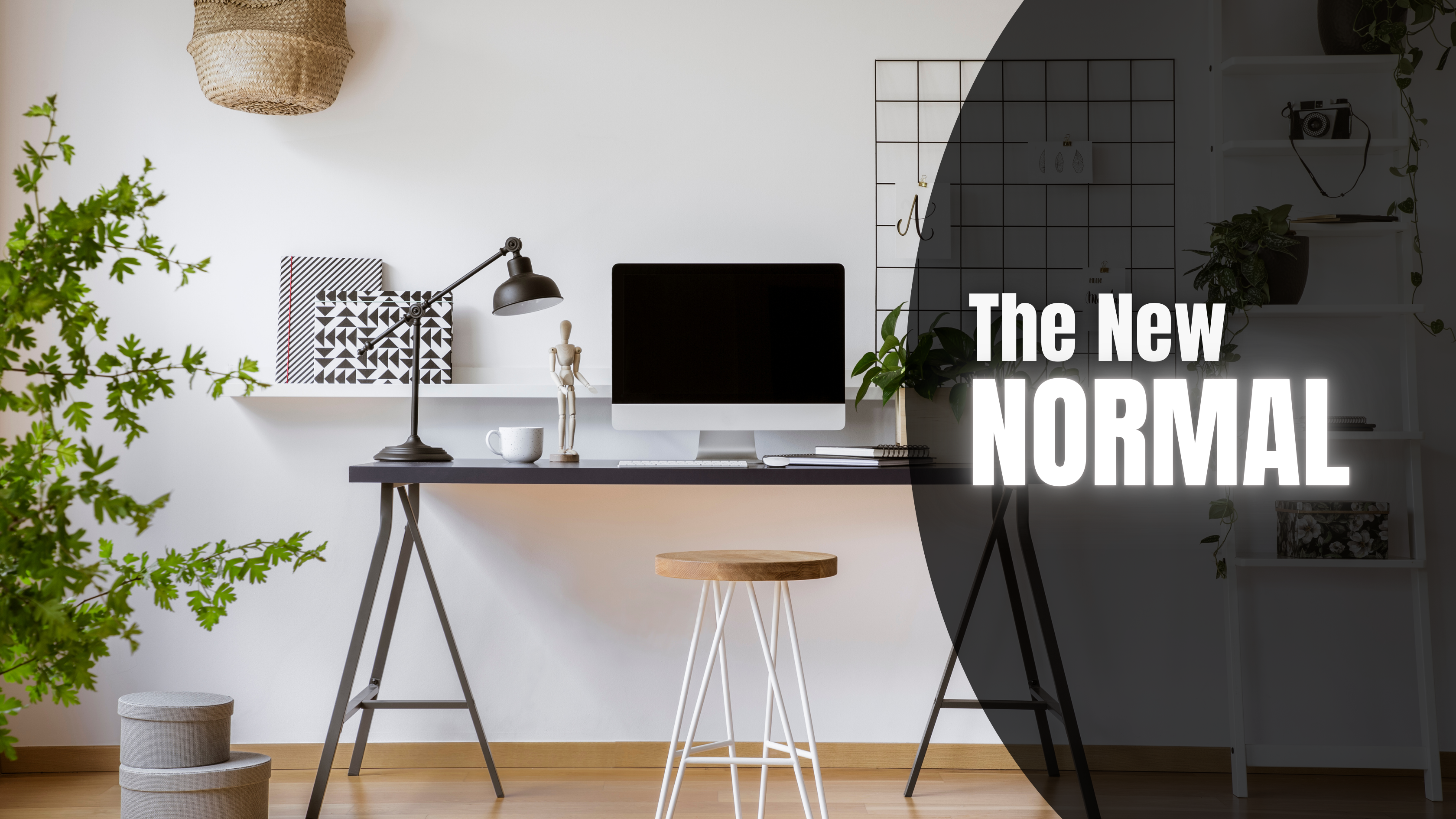While writing this, I am sitting in a small town constantly lending a thought to 2020’s death bed. I believe everyone in the world can resonate, and understandably so.
And while I am optimistic, hopeful, and desperate for 2021 to arrive, I must assert that the threat of COVID-19 still looms large. Sorry to burst your bubble, but that’s the bitter truth.
However, this doesn’t imply that all our hopes clung to 2021 must weaken. Instead, 2021 must be envisioned as the dawn of a New Normal after the cold nights.
When I say New Normal, I am reflecting upon the best practices in response to COVID-19 that will continue over to the next year for ensuring the swift progression of businesses.
To that end, I have put forth the best measures small businesses can look forward to for ensuring the sound mental health of the employees as they work from home culture continues.
1. Redesign the workplace
As a freelancer, I have observed that my surroundings significantly influence my concentration, motivation, and the resulting potential. What my brain notices apart from my laptop screen does contribute to how good I’m performing.
Now, replace the word “freelancer” with “full-time,” and things become even more sophisticated. Believe me; working 8-9 hours a day on the computer is no piece of cake. Therefore, businesses must invest in helping the employees build a comfortable work desk.
The money that is usually spent on cab services and meals can be utilized for ergonomic accessories such as laptop stands, organizers, arm support, etc. Honestly, the cost for these is insignificant as compared to lunch and transport convenience.
2. Introduce Meditation Breaks
Meditation is, undoubtedly, a buzz word; however, practising meditation is certainly not compliant with the buzz. We think about doing it, but the evil of procrastination ruins everything.
Is it even worthwhile? Well, that’s something that studies profoundly answer. A 2012 review of the role of meditation as an intervention revealed that meditation had been found to consistently lower the levels of stress and anxiety.
These results are in alliance with the views of Harvard Cardiologist Herbert Benson who, in 1984, explained that meditation is integral to facilitate focus — the most valued quality of a workplace, isn’t it?
Thus, meditation breaks must be included in the weekly schedule. These can be carried out virtually with an instructor monitoring the teams through video calling apps.
3. Appreciate Employees’ Efforts
Positive reinforcement and high-level of engagement are essential facets for progression in the pandemic. Everyone is working from home, aloof of the usual hustle-bustle, and so, you never know what’s their mental state.
Dirani et al. highlight in their 2020 review of leadership competencies that leaders must focus on acknowledging the fact that their workforce comprises people from different walks of life. Therefore, not everyone can be expected to deal with the workplace transition efficiently.
What can be done? To put it straight, profound communication should be brought into perspective for understanding what motivates the employees. From there, the organization can work towards transforming their standardized practices for good.
4. Bring in Psychological Support Services
For every dollar invested in an employee’s mental health, an organization generates $2.30. Just so you know, this stat is reflective of the pre-covid workplace scenario.
That ROI would be even higher now since organizations are becoming more concerned about the mental and physical safety of employees and the subsequent productivity.
To that end, I would suggest that businesses establish contacts with psychological support services.
- First off, this will facilitate the knowledge of best mentally-healthy work-from-home practices.
- Second, employees will be able to talk about their mental stress to a professional.
In a Nutshell
Workplace productivity = Work From Home productivity is a consistent equation if the businesses are willing to acknowledge the mental health of their employees.
Considering the fact that a healthy mind boosts productivity, I don’t think “IF” is even an option. Ideally, it should never be.


